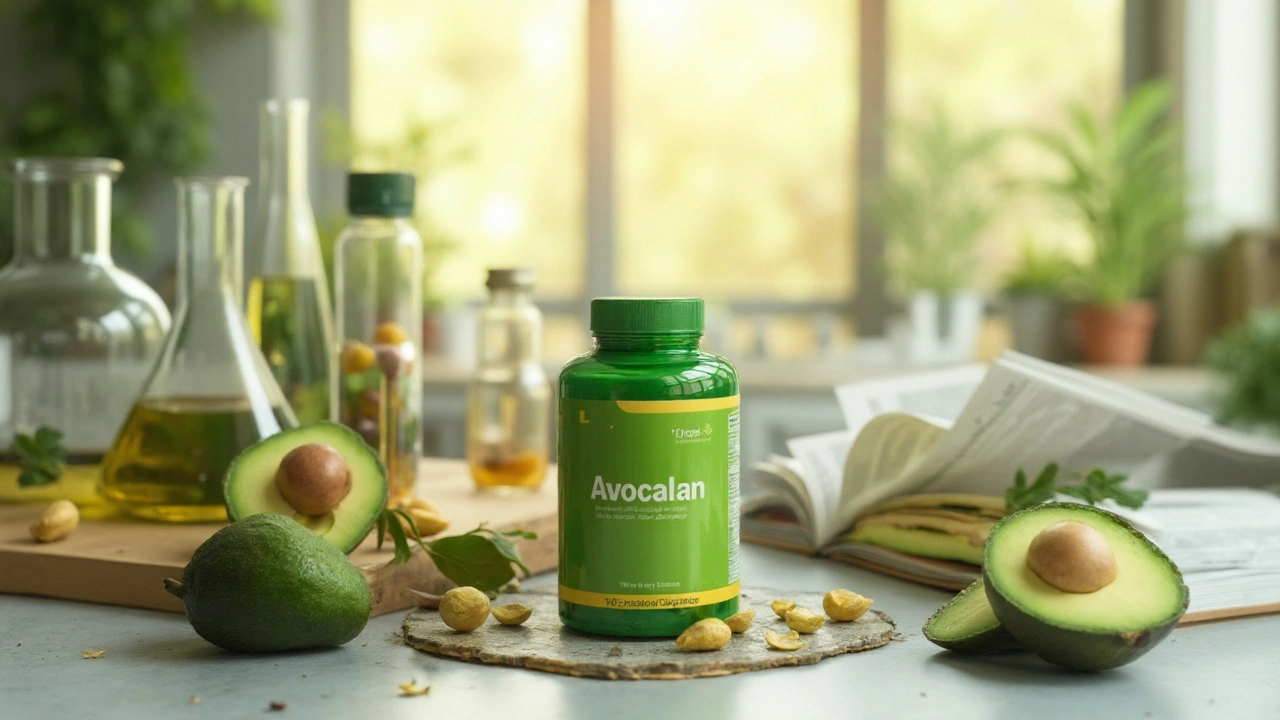Health Benefits: Quick Guides to What Works and Why
Ever wonder if that supplement on the shelf actually does anything? Or if a prescription drug could help you feel better beyond its main purpose? You’re not alone. Below we break down the most asked‑about health benefits, give you clear examples, and point out the safety bits you shouldn’t ignore.
Common Benefits of Everyday Supplements
People reach for supplements hoping for a boost—whether it’s more energy, better digestion, or a cleaner liver. Take Calcium D‑Glucarate, for instance. Research shows it can help the body process estrogen and clear toxins, which may support liver health and hormone balance. A typical dose is 500 mg two to three times a day, but always check a healthcare provider first.
Another popular herb is Thunder God Vine (celastrol). Fans claim it revs up metabolism and helps with weight loss. The science backs up a mild increase in fat‑burning hormones, but the plant also carries a risk of stomach irritation and liver stress. If you try it, start with the lowest suggested dose and stop if you feel any upset.
Even everyday vitamins can have a measurable impact. Vitamin D, for example, strengthens bones and may improve mood. Most adults need about 1,000–2,000 IU per day, especially if they get limited sun. Simple, cheap, and usually safe when you stay under the upper limit.
How Prescription Drugs Can Support Your Health
Prescription meds are often seen as ‘just for illness,’ but several have side benefits that improve quality of life. Naproxen, a non‑steroidal anti‑inflammatory, not only eases rheumatoid arthritis pain but can also reduce fever and inflammation from other conditions. The key is to use the lowest effective dose for the shortest time to avoid stomach issues.
Reminyl (galantamine) is another example. It’s prescribed for early‑stage Alzheimer’s, yet many users report sharper short‑term memory and better focus. The drug works by boosting a brain chemical that helps nerve cells talk to each other. Starting at 4 mg per day and slowly increasing can minimize nausea.
Even antibiotics like Clarithromycin have a hidden perk: they can treat certain skin infections that cause chronic inflammation, indirectly supporting skin health. The downside is the risk of antibiotic resistance, so it should only be used when a doctor confirms it’s needed.
When you consider any medication, ask yourself: “What is the primary goal, and does it offer a secondary benefit I care about?” This mindset helps you weigh pros and cons without getting overwhelmed.
Overall, the biggest health benefits come from consistency and safety. Choose reputable brands, follow dosing guidelines, and keep a short journal of how you feel. If anything feels off, pause and talk to a professional.
Remember, the best supplement or drug is the one that fits your lifestyle, supports your goals, and doesn’t create new problems. Use the tips above as a starting point, and you’ll be able to separate hype from real help quickly.
Unlock the Power of Guava Supplements: Health Perks, Nutrition, and Science-Backed Benefits
Discover how guava dietary supplements supercharge health. Learn about science-backed benefits, best uses, and why this tropical fruit is a wellness game-changer.
Avocado Dietary Supplements: Real Science, Real Benefits for Your Health
Explore the hard science behind avocado dietary supplements, their surprising health benefits, and expert tips for making them a part of your wellness routine.
- 20
- Read More

